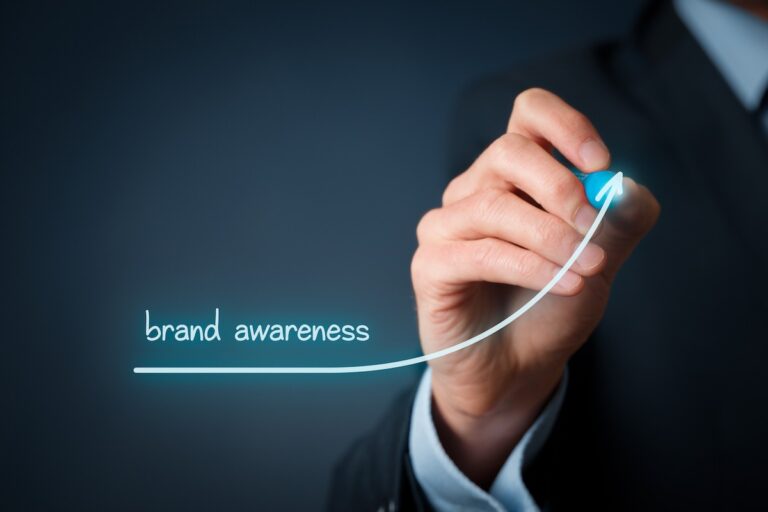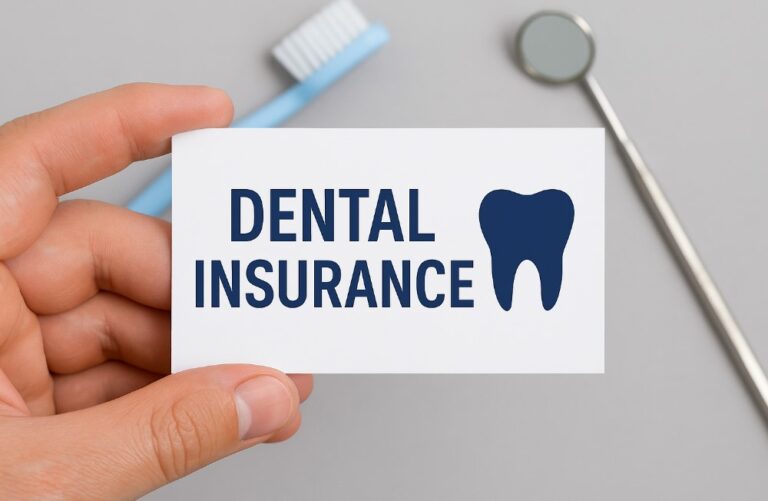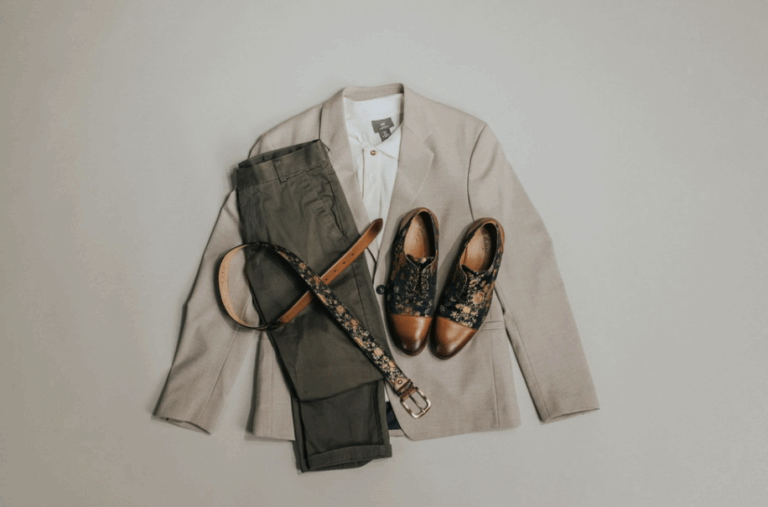Corporations are not without flaws. The majority strive to give their clients high-quality items that function properly. Despite their greatest efforts, organizations make mistakes, big and small. Some of these errors have resulted in corporations releasing substandard items onto the market. These items might be autos with concealed defects, healthcare products with damaged packaging, or various flaws that endanger the client.
Every year, thousands of individuals are harmed by defective or unsafe items. The law of product liability governs this form of injury. Under product liability law, the bar for proving damages is lower than in other types of personal injury lawsuits. This is because the plaintiff is not required to establish fault. You can seek out a Queens personal injury lawyer for more information here.
Understanding product liability

Product liability refers to the legal responsibility that makers and sellers bear when a faulty product causes harm to customers. Individuals who purchase or use things have the right to assume that they will not be harmed when the product is used as intended. If injured due to a flaw in the item, they can file a legal claim to collect compensation for their losses.
These claims will be governed by product liability rules, determining if manufacturers, designers, or sellers should be held liable and made to pay out money for damages. Product responsibility occurs when any entity associated with the product is held liable.
Consumers’ right to safety
When a product is released in the market, consumers buy it, assuming that it has been tested to be safe for human use. Therefore, they inherently trust the product to be safe. There are several duties a manufacturer has to fulfill to produce and provide a safe product. When a manufacturer lacks one of these steps, the resulting product can be harmful and injure the consumers.
Therefore, if you, as a consumer, get harmed due to a product, you have the right to sue the company and get your money back. You also have the right to collect compensation for your damages if incurred.
Types of product liability claims

Victims may file a product liability claim due to various problems with items that result in damages. The following are some frequent instances:
- Design defects
Design flaws arise when the product is defective from the beginning. In such cases, the design of the product can cause significant harm to the consumer and make it unsuitable for intended use.
- Manufacturing defect
Problems might arise throughout the production process in rare circumstances. The maker of the product as a whole and the manufacturer of its parts might be held liable. The defect may have occurred in an entire batch or an individual product.
- Breach of warranty
Stated or implicit warranties may accompany products. A breach of warranty claim can be filed when the product does not meet the promises or guarantees given by the seller or manufacturer.
- Failure to warn
Some products may contain certain side effects or risks but are anyway released in the market. For such products, the sellers or the respective company or brand are required to put proper notification of potential dangers. If they fail to do so, it is called failure to warn.
Is it federal or state law that governs product liability?

There is no such thing as federal product liability legislation. Product liability lawsuits are often brought under the grounds of strict liability, negligence, or breach of warranty and are based on state laws. Furthermore, each state will have a set of commercial legislation fashioned after the Uniform Commercial Code that will include warranty provisions impacting product liability.
If you are harmed while using a risky or defective product, your personal injury attorney will file a claim in state court. This implies that you must file your claim before the statute of limitations in your jurisdiction runs out. Each state has its own statute of limitations. In Queens, for example, you have three years to launch a personal injury case.
What constitutes a product?
Anything available on the market that you buy as a consumer can be considered a product in a product liability claim. This can range from household products like vacuum cleaners to food items like a pack of chips. Some common goods usually seen in the news for product liability claims include the following:
- Lawncare equipment
- Asbestos-based products
- Weed killer
- Children’s toys
- Automobiles
If you purchase any of these items and they hurt you, you may have a chance to file under tort law. However, you must be able to show that the product’s malfunction was the sole reason for your injuries.
What does a plaintiff have to prove in court in a product liability case?

In order to bring a strong front to your product liability case, make sure you collect evidence demonstrating the following:
- The product had a problem.
- You used the product correctly, as mentioned on the label.
- The product’s flaw resulted in harm.
- You can receive compensation for the damages.
While there are a number of things to prove in a product liability case, the consumer does not necessarily need to prove that the manufacturer, seller, or designer acted in a negligent way. There is a legal doctrine called “strict liability” for these kinds of cases, where if the plaintiff manages to prove that the product caused their injuries and damages, they can prevail in court.
Examples of product liability cases
You may have seen many product liability cases in the news channels until now. Some examples include:
- Manufacturers selling faulty braking systems in vehicles, causing accidents.
- Drug manufacturers failing to warn consumers about the drug’s side effects.
- Medical device manufacturers selling faulty equipment that causes harm to the patient, such as a hip joint replacement device.
If you were injured by a product, you are not alone. Learning about product liability is the first step to achieving justice. While you do not have to prove negligence in such cases, there are still a number of things you will be burdened with. It is recommended to hire a product liability attorney and work with them to receive invaluable assistance throughout the process.







